Cosmic radiation degrades medications like ibuprofen, highlighting the need for new “space” medicines with modified formulations.
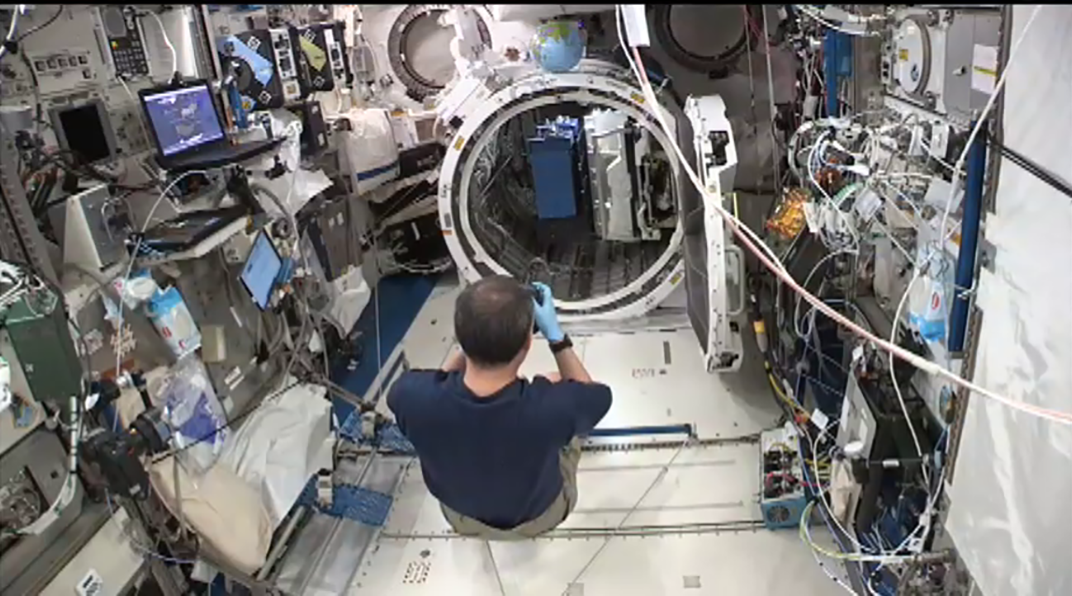

Cosmic radiation degrades medications like ibuprofen, highlighting the need for new “space” medicines with modified formulations.
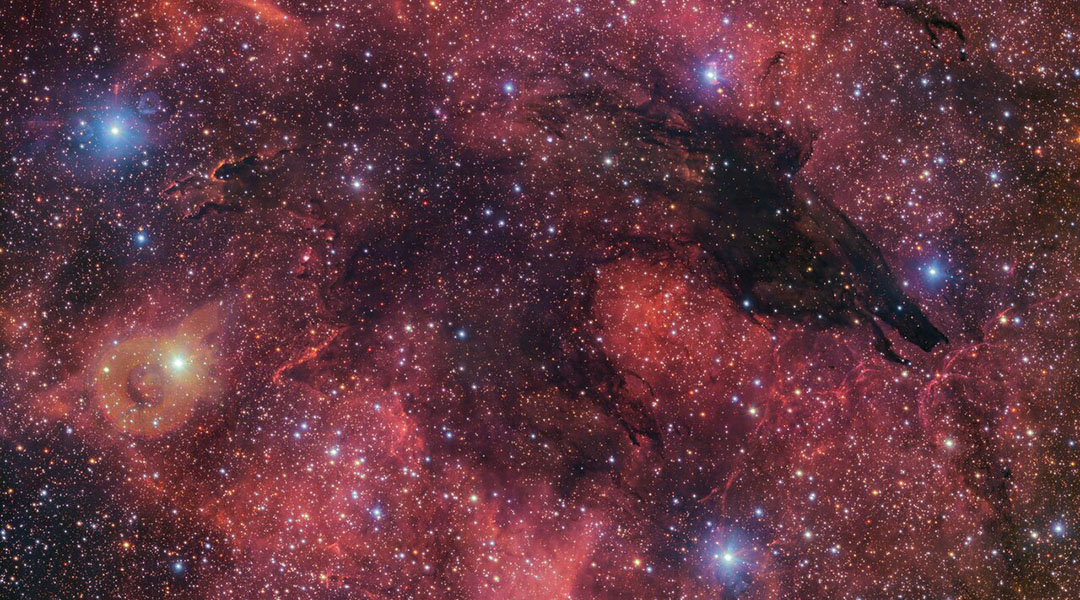
This image of a dark nebula creates the illusion of a wolf-like silhouette against a colorful cosmic backdrop.
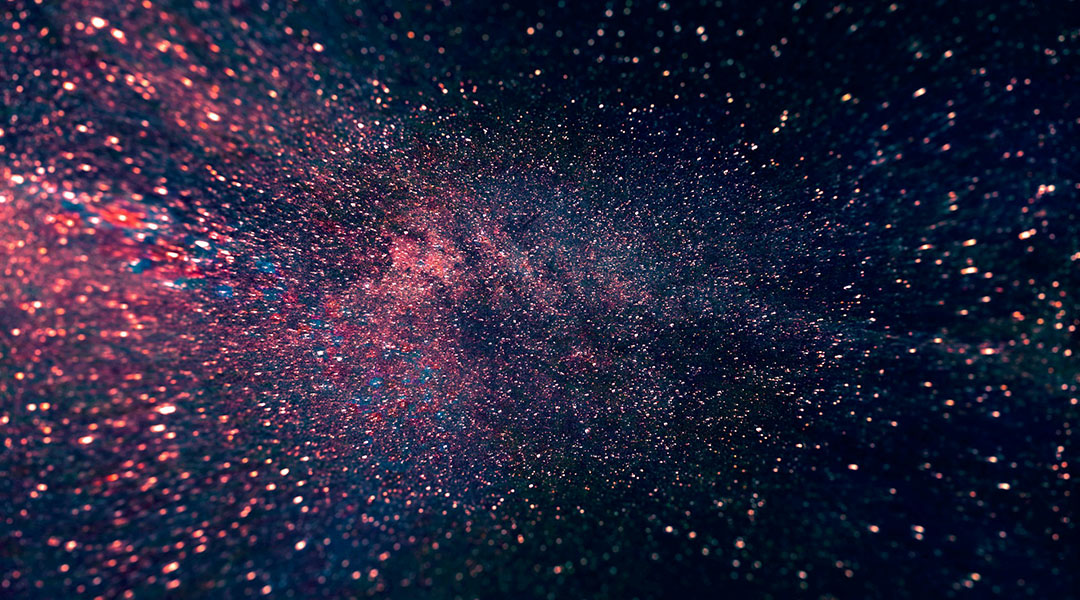
String theory could reshape our understanding of the Universe’s accelerating expansion and unlock the mysteries of dark energy.
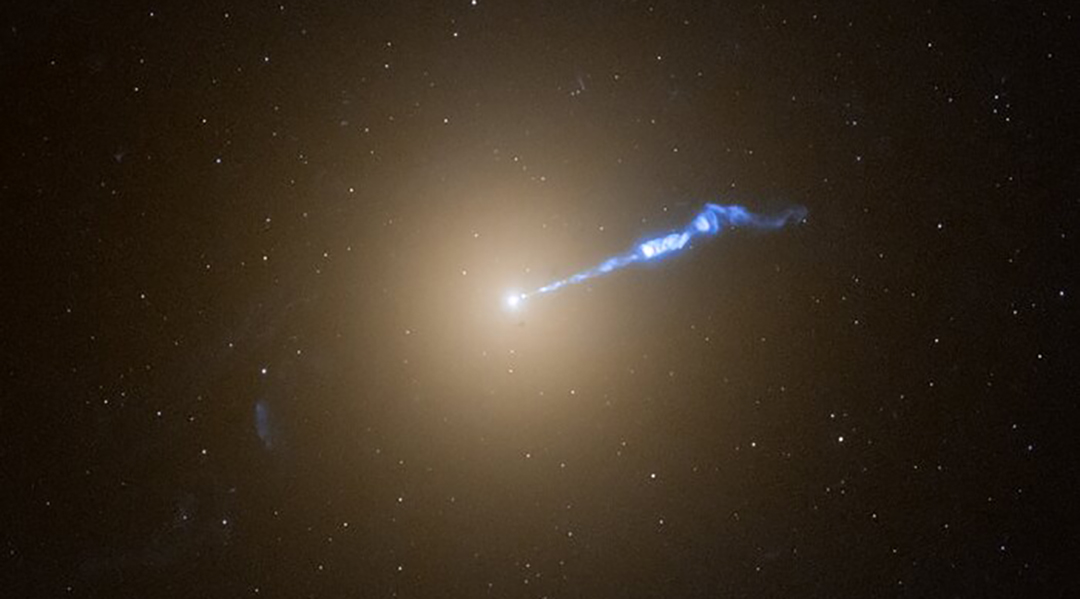
Using the Hubble Space Telescope, astronomers discovered the jet from a black hole, triggering nova explosions along its path.
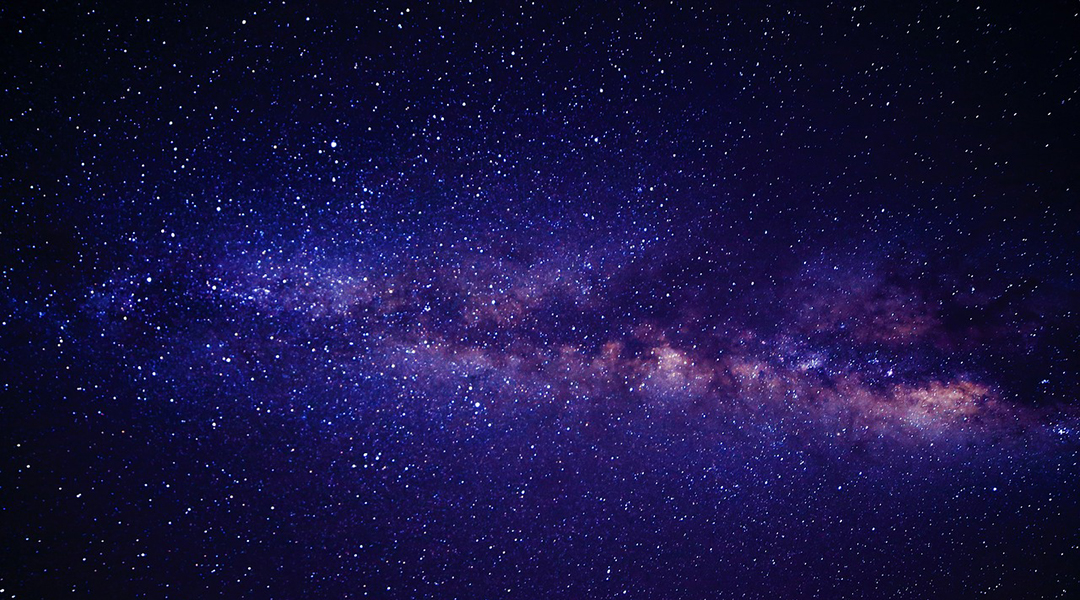
New research on dwarf galaxies challenges the idea that dark matter is collisionless, suggesting it may interact in unexpected ways
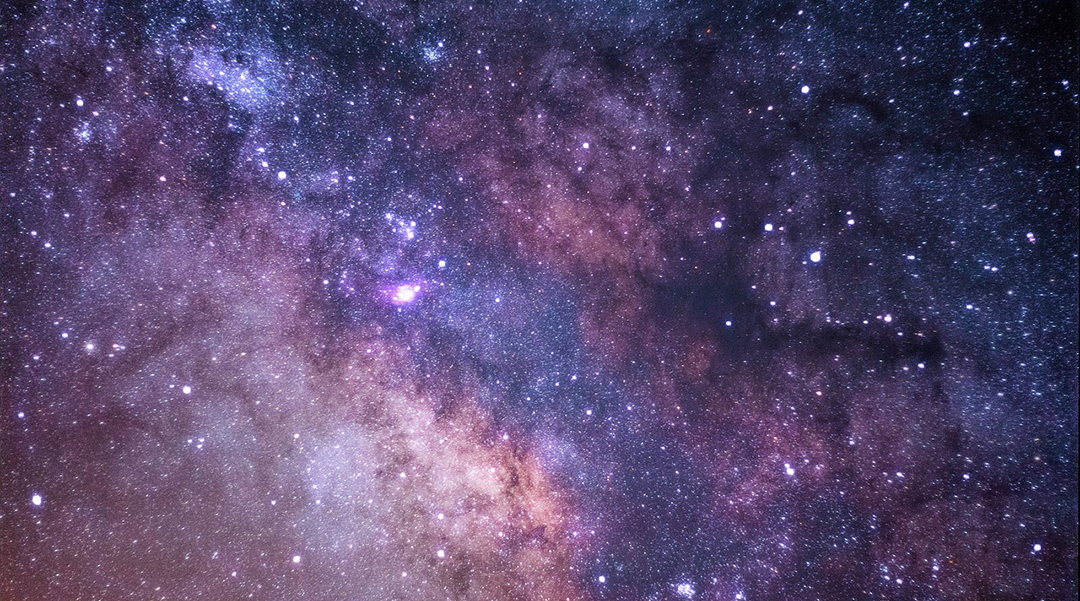
Hubble’s deep near-infrared campaign reveals more supermassive black holes in the early universe than previously expected.
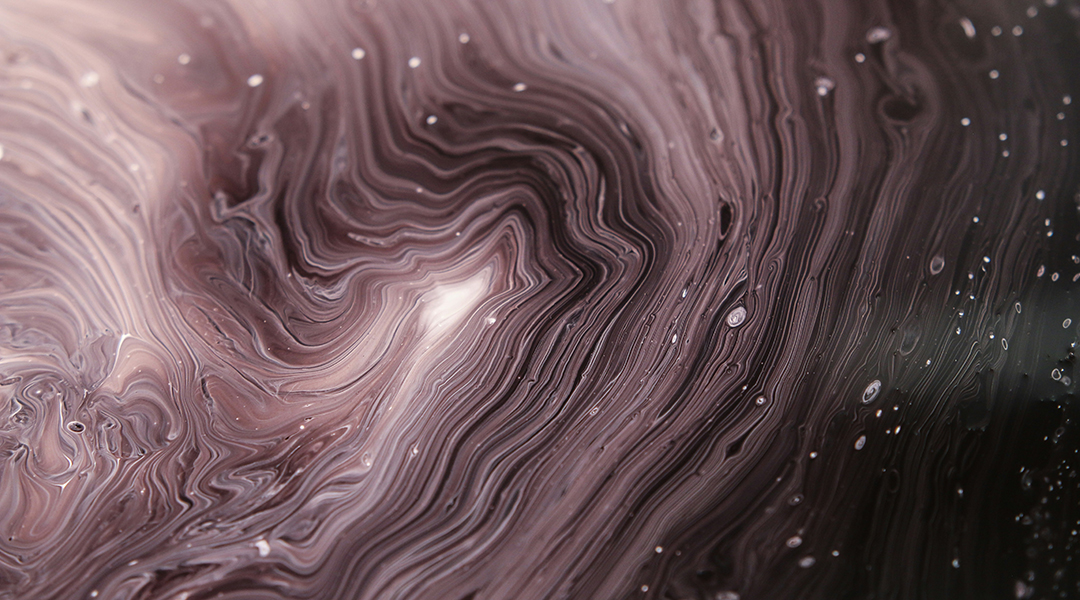
Scientists theorize that cosmic strings interacting with dense matter in the early universe provided the seeds for galaxies and black holes.
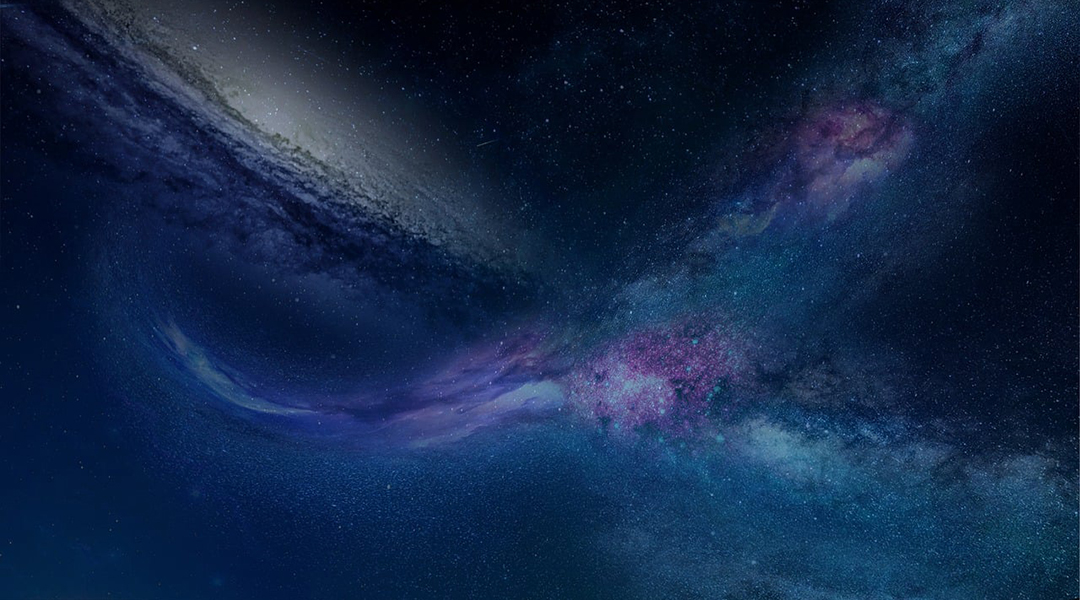
The discovery of colossal structures like the Big Ring is reshaping established theories about the physics of the Universe.
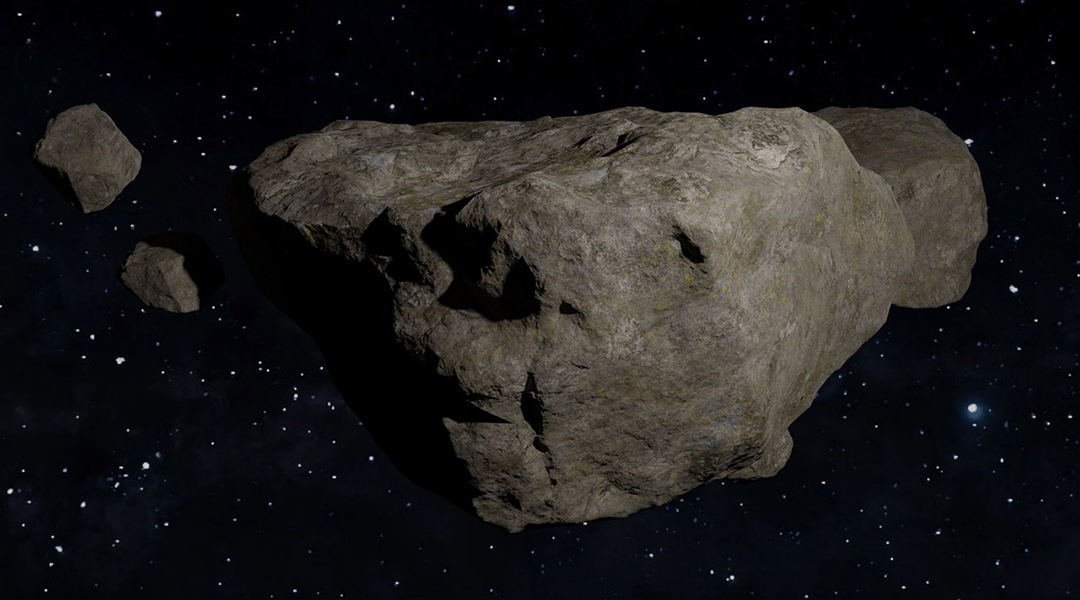
Data gathered about the M-class asteroid challenges earlier assumptions that it is unaltered planetary core.
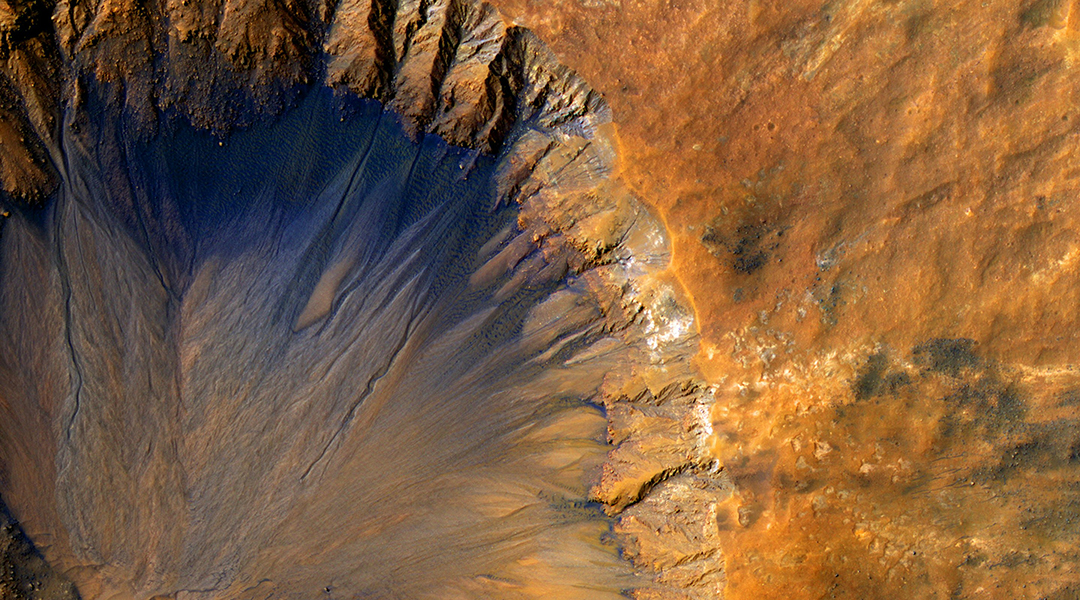
Engineering mineral rich dust and releasing it as an aerosol could warm the planet and kickstart the thickening of the atmosphere.